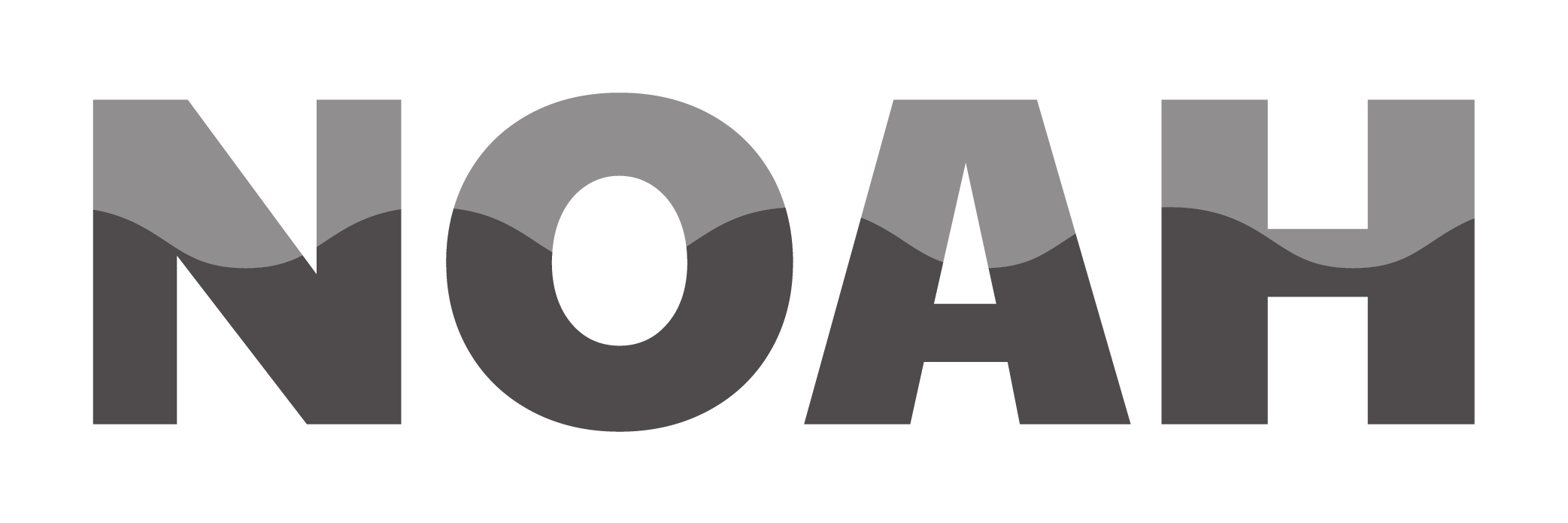Making Canada and the World Flood Resilient
Problem Overview
Canada faces an $8B annual flood risk problem while stakeholders do not have the resolution of data to deal with it (‘building back better’). In Canada, flood hazard and risk maps are highly decentralized, with many municipal governments generating their own maps and data, which are, for the most part, outdated.
For example, roughly 37% of conservation authorities in Ontario relied on flood mapping data conducted between the 1970’s-1980’s. Those same maps lack the detail needed to drive effective risk, and policy assessments needed to increase Canada’s resilience against the forecasted increase in frequency and severity of flood events due to global warming.
As a result, 70% of the costs due to natural disasters are borne by governments, businesses, and individuals. Those costs are only projected to increase due to the combined impacts of increasing concentrations of people and assets in areas of high flood risk, land use, urbanization and development practices, and climate change.
Solution Overview
A cloud-based analytics platform that unlocks land value, addresses flood risk, and enhances flood resiliency by:
- Leveraging a full-spectrum of proprietary data to accurately predict flood risk – ensuring 95% confidence at the property level
- Generating site-based flood impact analyses
- Creating flood defense digital twins to plan and mitigate future catastrophes






